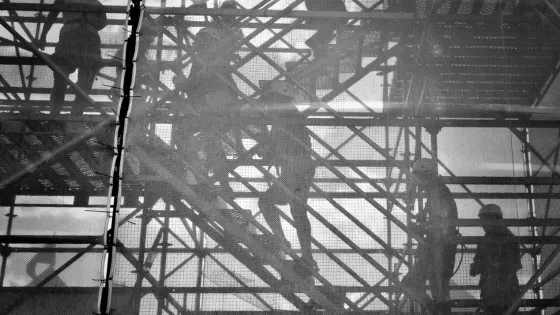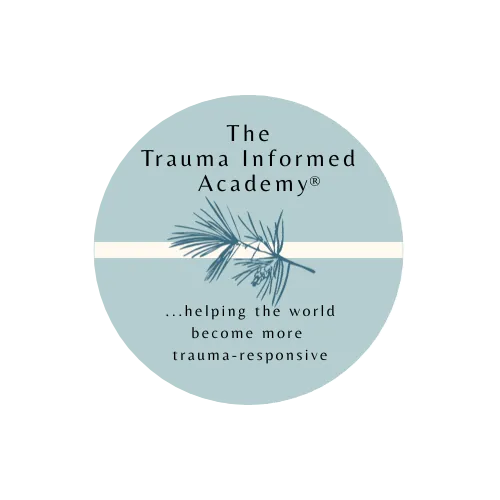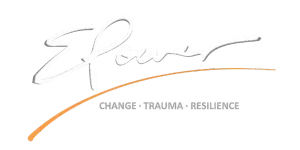

Why Quiet Quitters Quit: Self-Protection
Think about it: a culture that on the one hand pushes poverty, violence, abuse, and disaster as everyday fare, and on the other insists on economic castes, the use of power to preserve position at all costs, a blind eye to the injury we cause in so many ways.
It prescribes pills, prison, and paid relationships (without regard for the great gap between demand a supply, a capacity issue-- I’ll talk about the numbers in upcoming weeks) as remedies for outcomes we should only expect as natural consequences based on what seem to be our cultural values.
But, then, our stated and operative values often differ. We say we value employee loyalty, yet we devalue the employee’s value to themselves. As leaders, we plan workloads that do not take into consideration a person who values time for maintenance, rejuvenation, and relationships. We ignore research about what it takes to actually perform the job and all the associated tasks.
Quiet quitters quit because they value themselves. OK, maybe it seems like they value themselves more than they do their job, and could it be the pendulum swinging to the opposite side of its arc?
Quiet quitters quit because they are internally free agents, and less often feel as if they are bound to their employers. We taught independence and disconnection, here it is. Work is a transaction instead of a relationship.
Quiet quitters quit because the discomfort of the work exceeds the comfort of the rewards or the rewards are out of touch with what is important to them. Not because they’re “lazy.”
Quiet quitting is often healthy self-protection.



Email our Admin:
©Copyright 2025 EPower & Associates, Inc. All Rights Reserved.
Privacy Policy | Terms of Use
Featured On...


